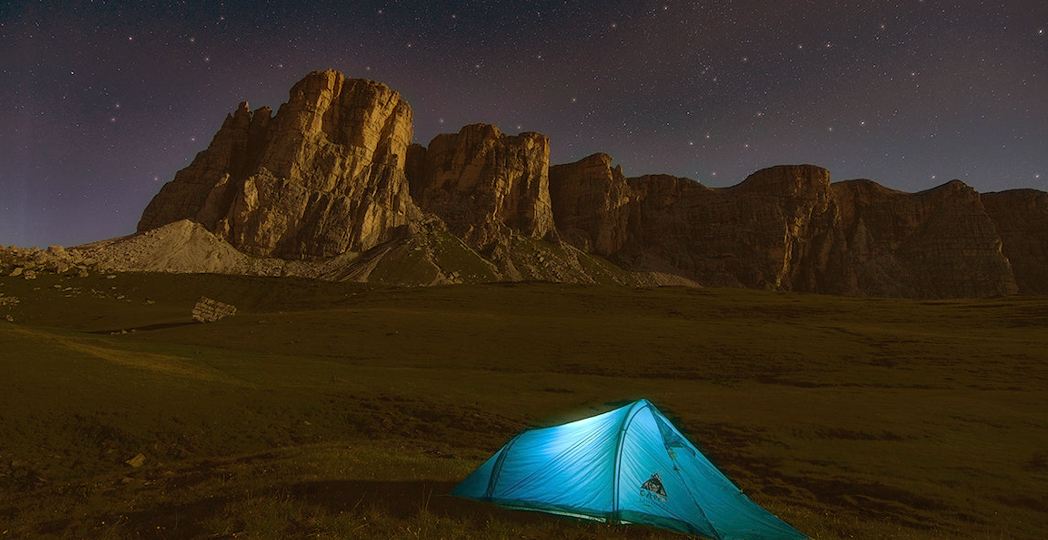Camping is a healthy, fun, and inexpensive way to communicate with the outdoors and explore nature. You get to leave the hustle and bustle of urban life, switch off the screens and sleep under the stars.
From planning your campsite destination to bringing the right gear, our guide will explain how to plan your camping trip, so you can have peace of mind when you head out.
We’ll cover how to plan your trip, guiding you to prepare for an enjoyable adventure under canvas.
Bring a Solar Generator
Lying next to a lake or roughing it out in the wilderness can be a lot of fun. Roasting marshmallows, fishing, and being out in nature is a relaxing and healthy experience.
However, you’ll want a power source for lighting, running a small refrigerator, charging your devices, and even a fan to keep you cool.
A camping solar generator lets you take power from your small appliances and devices. Since it runs silent and can power devices at night, you won’t disturb your family or other campers. These generators can be paired with portable solar panels to capture the sun’s rays and convert them to usable electricity.
Pack an Emergency Kit
Unfortunately, roaming around in the wilderness puts you at risk of getting hurt in the middle of nowhere.
Make sure to bring an emergency kit that includes antibiotics, bandaids, antiseptic, a thermometer, hand sanitizer, painkillers, and other medications. And if you have personal health issues that require a particular medicine, you’ll want to bring that as well.
Decide Where You Want to Go
The type of camping you want is as important as knowing where you want to go. Backpacking involves carrying everything on your back and hiking to an off-the-beaten-path destination, while car camping involves parking your car and driving to a paid campsite. You can also opt for RV or pop-up camping if you don’t want to deal with tents.
Make sure you don’t automatically assume you will have room at a developed campground if you decide to go there. National Park campsites let people reserve up to a year in advance, and competition can be fierce. If you don’t book your site ahead of time, you might drive around looking for a place to sleep that night.
Research the campsite and the area once you’ve decided where you’re going. From mundane details like what amenities are available or whether bear lockers are available to fun stuff like what activities are nearby, knowing where you want to go can impact your entire experience.
Gather Your Equipment
You can’t beat grilling fresh food outdoors, so fine-tune your grilling skills by locating your camping barbecue. Bring a grilling tool kit that includes tongs, a spoon, and a spatula with long handles that protect your hands from hot fires or camp stoves.
You should also have a cutting board with non-slip feet for uneven campground surfaces and a can opener that serves as a bottle opener. Lightweight pans are ideal for searing steaks and seafood or frying sausage and egg sandwiches. Lastly, an all-purpose squeegee can make it easier to clean up.
Wrapping It Up
Preparation is the key to a smooth camping season, but don’t worry if you forget something at home. Instead, enjoy making memories that will last a lifetime by going with the flow. Use our guide to start prepping for your camping trip, and you’ll feel more confident about your upcoming adventure


